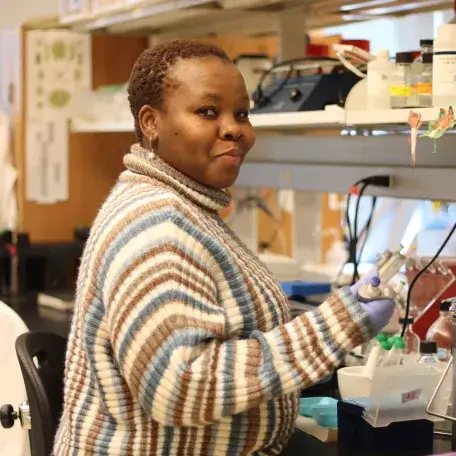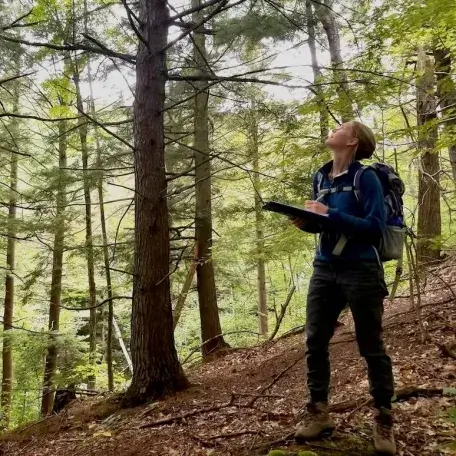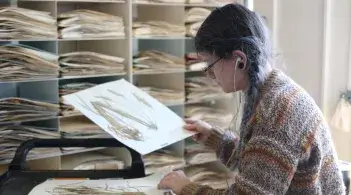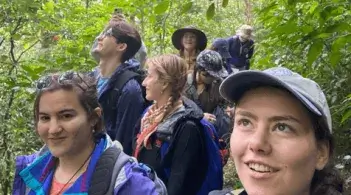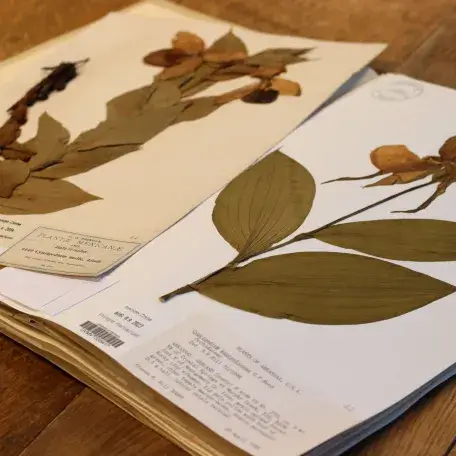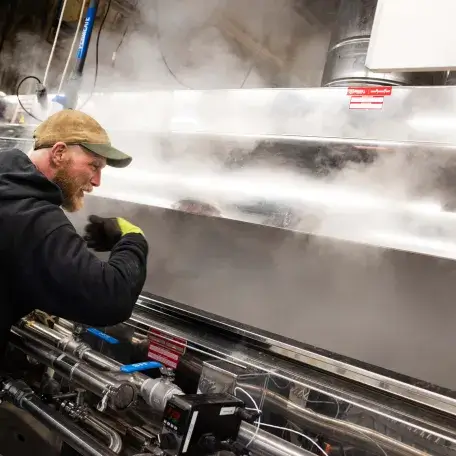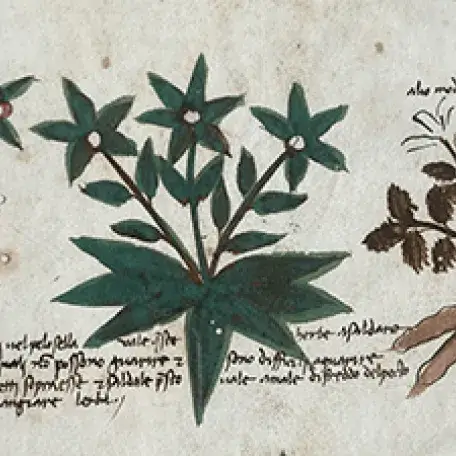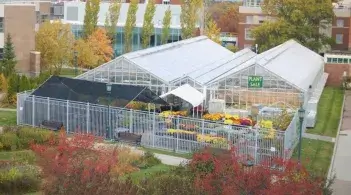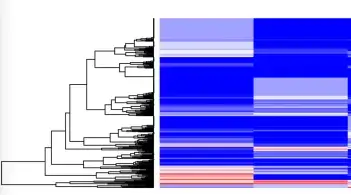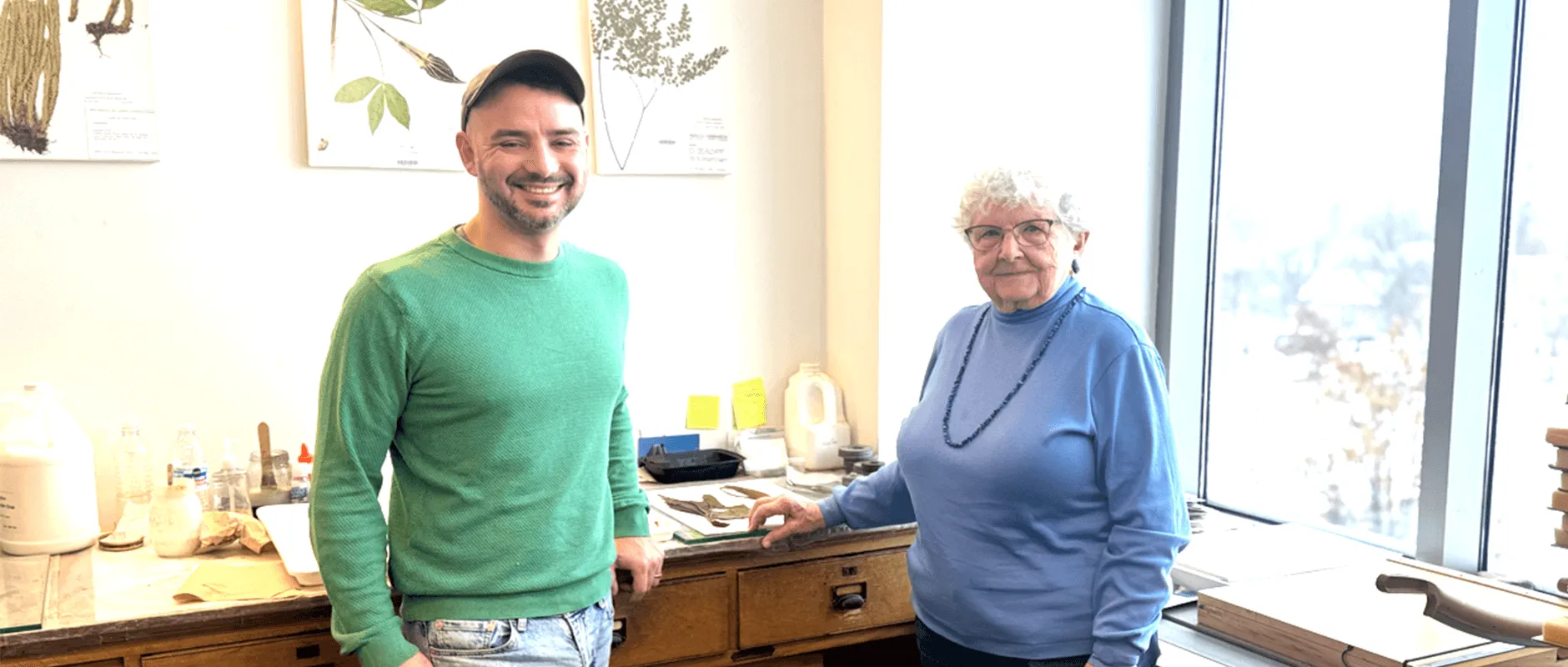The plant sciences provide novel strategies, new technologies, and practical solutions or mitigations to many significant challenges facing future generations.
The UVM Plant Biology Department provides research and education in the basic biology of plants at all levels of organization, from the molecule to the organism to the ecosystem. Global problems plant biologists are addressing include natural-resource sustainability, food security, global climate change, renewable energy, and human health and well-being.

